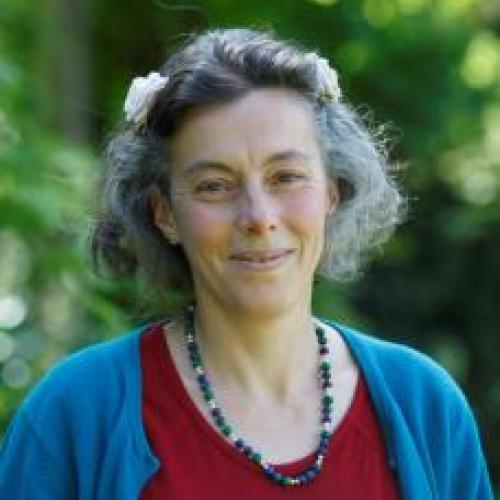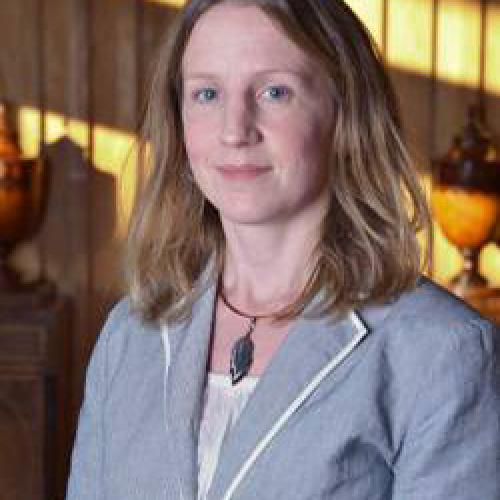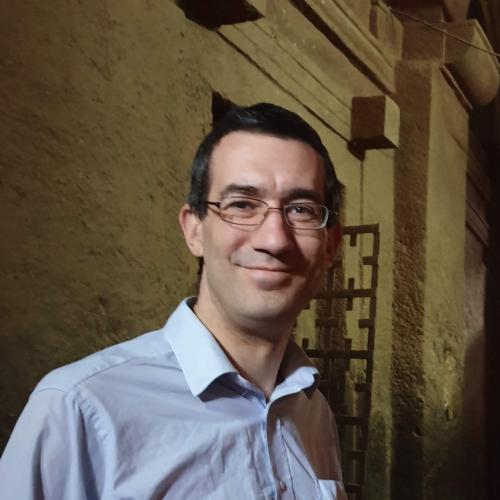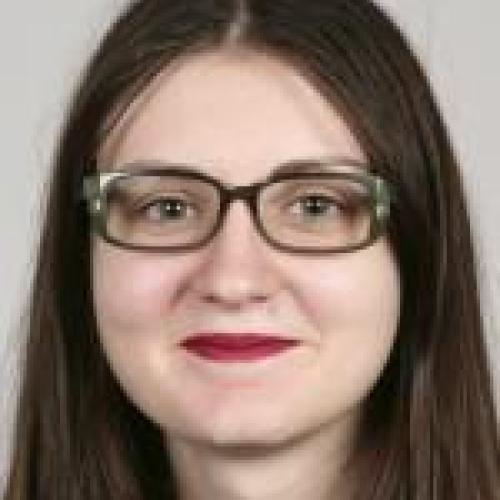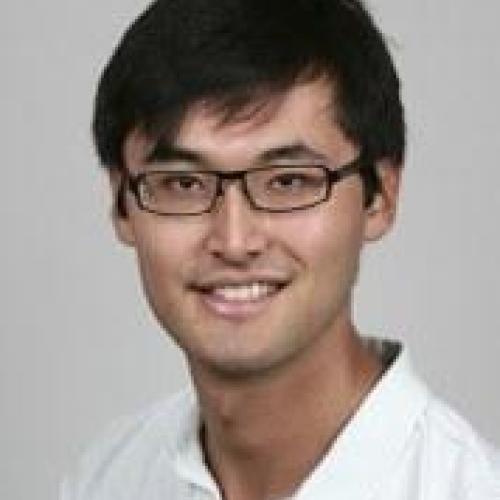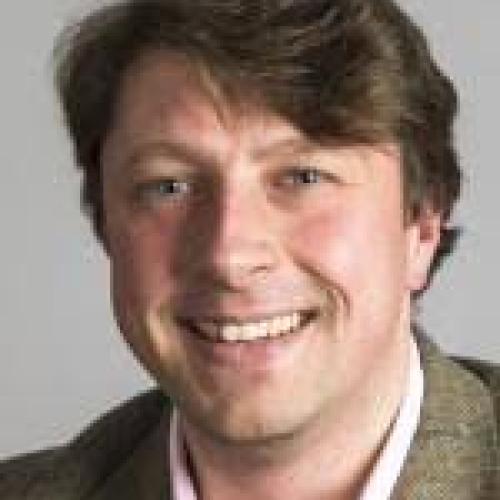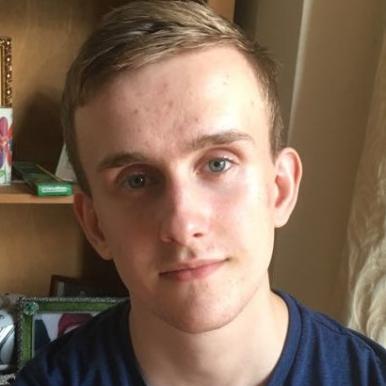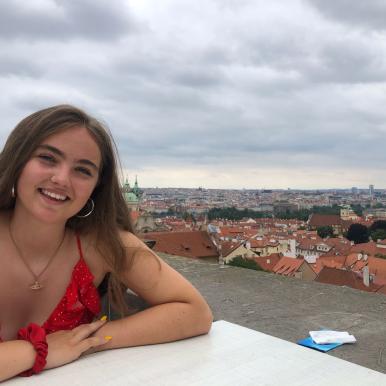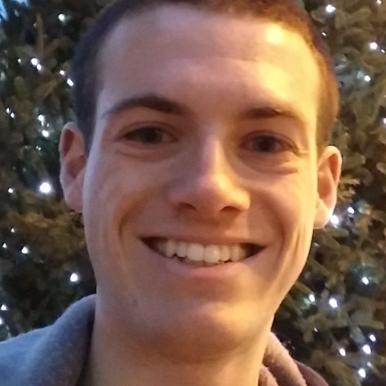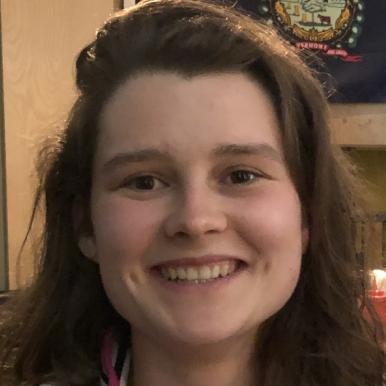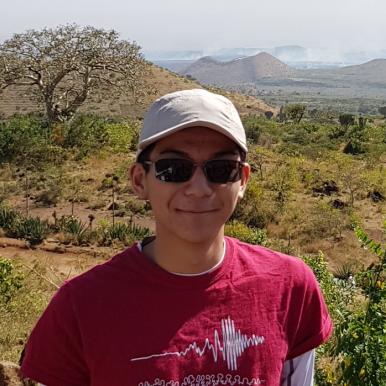Natural Sciences Physical
- Physical Natural Sciences at Corpus Fact File
-
Typical offer: A*A*A in A Levels (or equivalent). We require A* in Mathematics and A* in Chemistry or Physics.
Required subjects: Mathematics and two other science A levels (or equivalent), one of which must be Chemistry or Physics. For those thinking of specialising into Physics, Further Mathematics A Level is strongly recommended.
Typical number of Physical NST undergraduates admitted per year: 8-12
Submitted written work requirements: see our Written Work webpage
Admissions assessment: Pre-registration assessment
- NST at Cambridge
-
The Natural Science Tripos at Cambridge is arguably the best undergraduate science course in Britain. The first year course encourages breadth, allowing students to study sciences not encountered at school. In this foundation year students choose three science subjects and a compulsory mathematics course. Many Physical Natural Scientists chose from Chemistry, Materials Science, Earth Sciences, and Physics in their first year, with some opting instead for Biology of Cells in order to get a taste for Biochemistry and Biophysics.
The choices become much broader in the 2nd year with some 11 Physical Sciences available for study. These can be combined with either a more biological subject, such as Biochemistry and Molecular Biology or even with History and Philosophy of Science.
The third year courses in Natural Science are intended to take students to the edge of knowledge in their subject, and a research project is included in the course at this stage. In Chemistry, for instance, this may take students into Atmospheric Chemistry, Protein Engineering or High Temperature Superconductors. A long way from school titrations! Another possibility, for those with a background in Physics, is to change to Astrophysics, which is taught as a 3rd and 4th year subject. Most of our Corpus Natural Sciences students opt to stay on for a fourth year, which is excellent preparation for further study at graduate level. A full description of the course structure and the many possible subject choices can be found on the University admissions webpage.
- Why study Physical Natural Sciences at Corpus?
-
Corpus Christi has an extremely strong reputation for Physical Natural Sciences. On the Physics and Chemistry side this is reflected by the wide range of research interests to be found among fellows, from Cosmology to Metal Catalysis to Liquid Crystals. Sir George Thomson, whose Nobel Prize winning work on electron diffraction is well known, was a Fellow (and later Master) of the College. Mr Joe Farman, a former undergraduate, was the discoverer of the hole in the Ozone Layer. In 2017, one of our Honorary Fellows and former PhD student Richard Henderson won the Nobel Prize in Chemistry for his work on using the technique of cryo-electron microscopy to study biomolecules.
The large number of Fellows in Natural Sciences at Corpus means an excellent chance to interact with and learn from leading researchers. We have a strong community of scientists, with regular social events like barbeques, pub trips and dinners, as well as problem solving evenings designed to stretch and challenge our students. Corpus is also one of the few Cambridge colleges to participate in the Caltech SURF scheme, which offers a chance for high achieving undergraduates to spend a summer at California's Institute of Technology working on a research project. Past Corpus students have worked on projects ranging from snowflake morphology to detecting gravitational waves, and many have gone on to do PhD degrees inspired by their summer projects!
- What do we look for in applicants?
-
The admissions process (assessment and interviews) tend to be heavily focused on problem solving, so we strongly recommend you practice solving problems on your time using some of the super-curricular resources mentioned below. One of our former Directors of Studies in physics has prepared some detailed 'insider advice' for scientists on how to get in to Cambridge, or another competitive university, which you can download from the menu on the right.
- Super-curricular resources
-
Engineering applicants are strongly encouraged to spend time practicing challenging problems outside the school curriculum. There are lots of great online resources where you can find new problems, for example:
- IsaacPhysics (co-founded by a former Corpus Fellow, and including chemistry and computer science questions)
- The Cambridge Chemistry Challenge past papers
- The University's NRICH programme, which has excellent resources for exploring mathematics.
- Ada Computer Science, developed by the Raspberry Pi Foundation and the University of Cambridge
- Participating in competitions such as UKMT and Physics Olympiads is a great way to work on challenging and unfamiliar problems.

